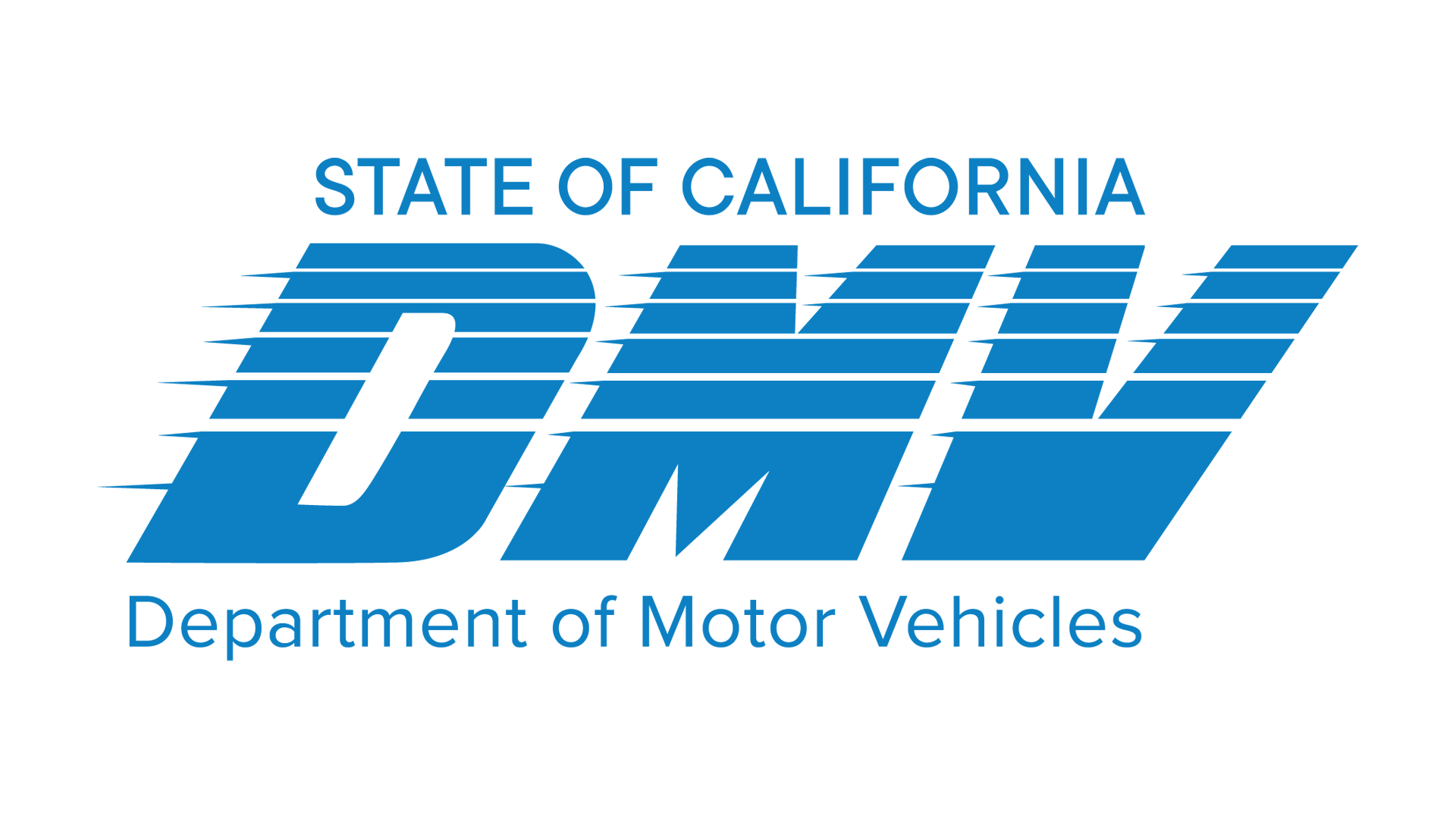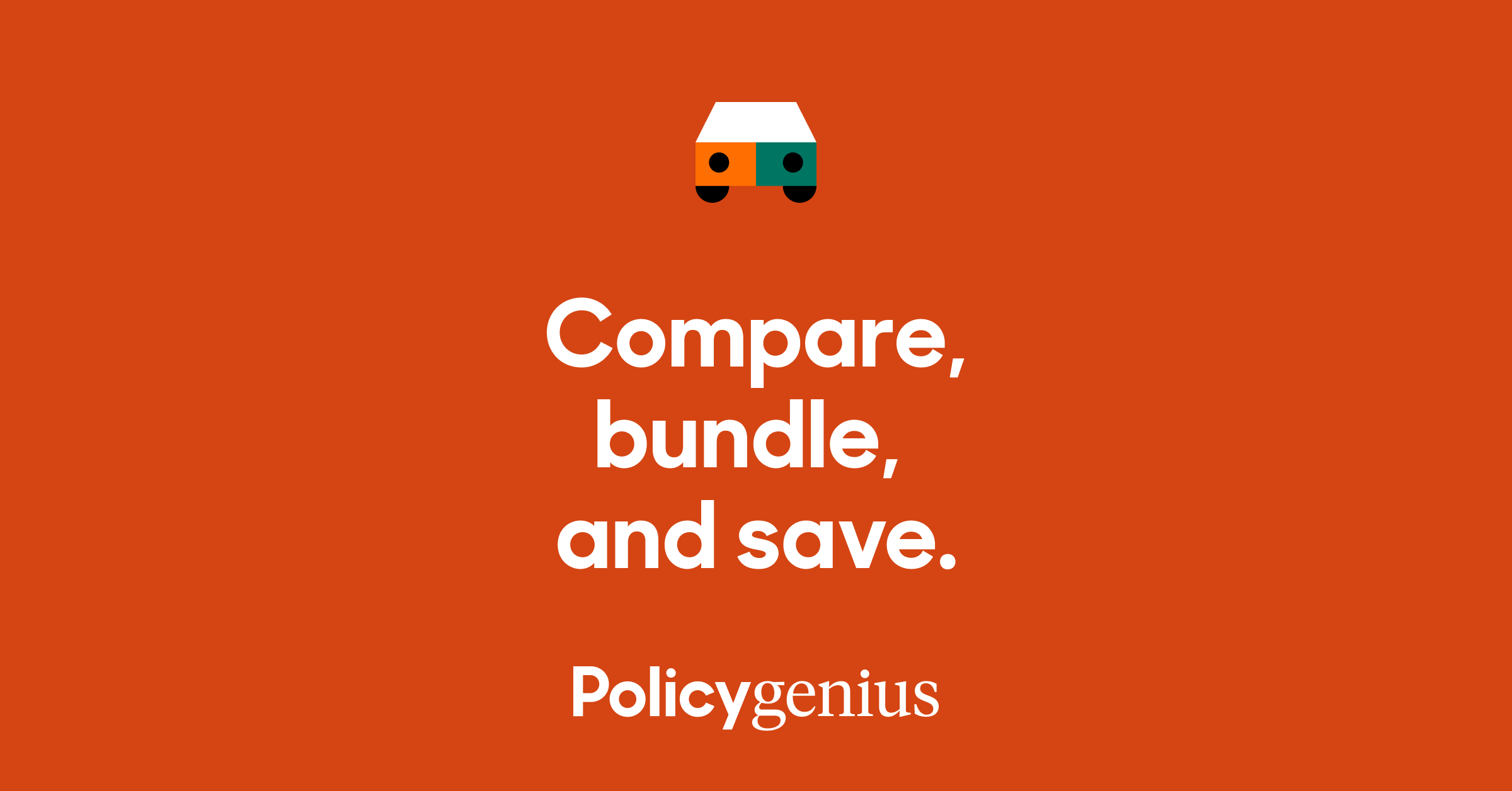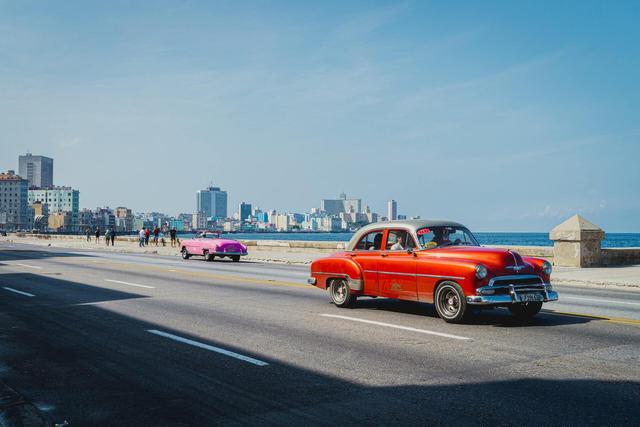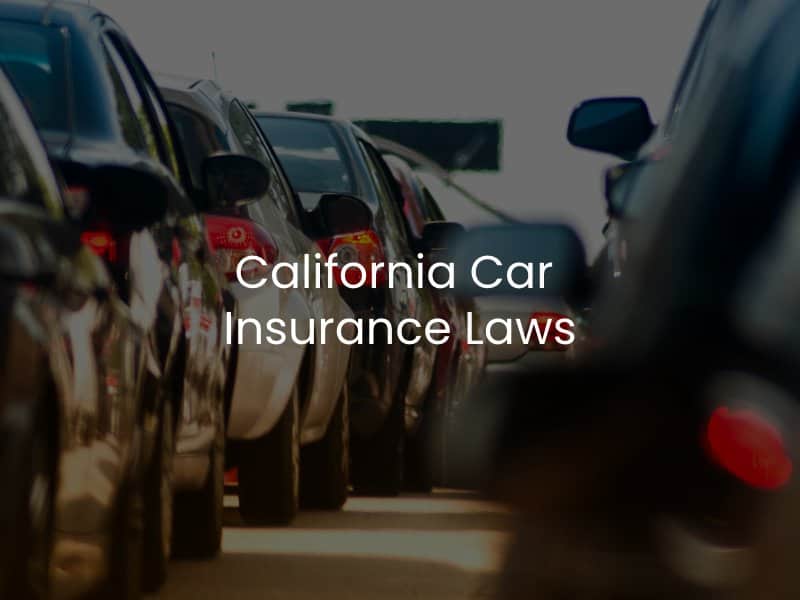When shopping for car insurance, California drivers need to keep their state’s insurance laws in mind. Like most states, California requires drivers to have a policy that meets certain bodily injury per person, bodily injury per accident, and property damage minimums. Driving without sufficient insurance can result in fines and other penalties, so it’s important for drivers to do their research. Here is everything you need to know about California car insurance laws. Do Drivers in California Have to Carry Auto Insurance? According to the state’s DMV website, California requires insurance on all vehicles operated or parked on California roads. […]
When shopping for car insurance, California drivers need to keep their state’s insurance laws in mind. Like most states, California requires drivers to have a policy that meets certain bodily injury per person, bodily injury per accident, and property damage minimums. Driving without sufficient insurance can result in fines and other penalties, so it’s important for drivers to do their research. Here is everything you need to know about California car insurance laws.
According to the state’s DMV website, California requires insurance on all vehicles operated or parked on California roads. However, purchasing a liability policy from an auto insurance company is only one way to meet this requirement. California recognizes three other types of insurance:
For many people, a motor vehicle liability insurance policy is the only feasible option. However, if you are interested in learning more about the self-insurance or cash deposit options, you can call 916-657-6520 to talk to the DMV Financial Responsibility Unit. Alternatively, the state’s Department of Insurance can help you find a company that issues surety bonds. This department can be reached online at insurance.ca.gov or by calling 800-927-4357.
Although comprehensive and collision policies are often a worthwhile investment for drivers, these types of policies do not fulfill the state’s minimum insurance requirements. To be in compliance, you must also have a liability policy to compensate other people for injuries or damage that you cause.
Yes. You will need to provide proof of insurance to the DMV when registering your vehicle in California. This could be an ID card or other document from your insurance company. If you elect to be self-insured or make a cash deposit, you will need a DMV authorization letter. Drivers who have had their license suspended will need a California Proof of Insurance Certificate, or SR-22 form.























